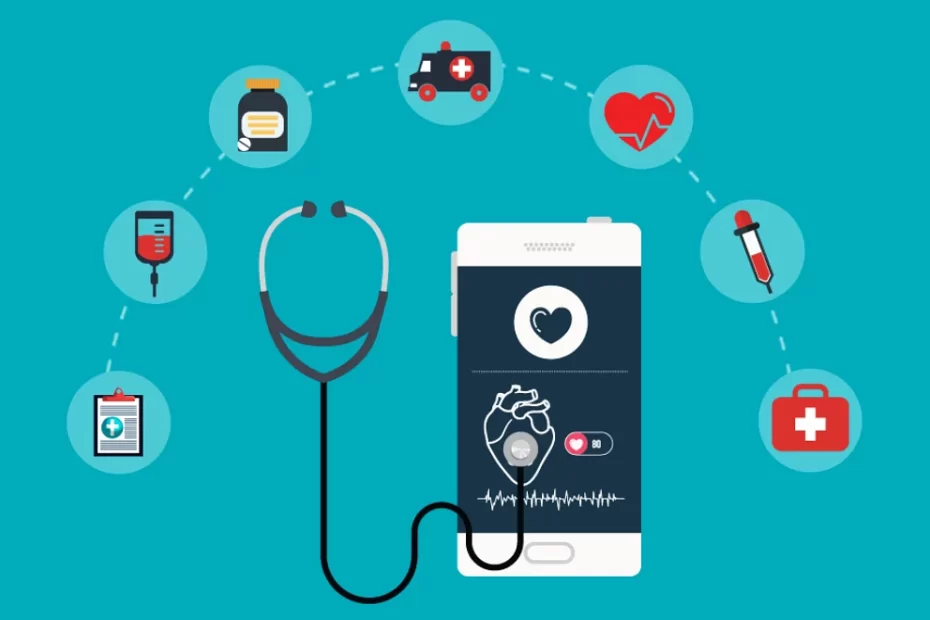Mobile Medical Billing Apps: Enhancing Accessibility and Convenience
In recent years, the healthcare industry has witnessed a significant transformation through the integration of technology into various aspects of medical services. One notable innovation that has revolutionized medical billing processes is the emergence of mobile medical billing apps. These user-friendly and efficient applications have not only simplified billing procedures for healthcare providers but have also enhanced accessibility and convenience for both medical practitioners and patients alike.
1. Streamlined Billing Processes
Traditionally, medical billing was a time-consuming and cumbersome task, involving stacks of paperwork and complex administrative procedures. With the introduction of mobile medical billing apps, healthcare providers can now digitize and automate the entire billing process. Physicians and their support staff can generate, submit, and track claims electronically, significantly reducing the likelihood of errors and improving the speed of reimbursement.
2. Accessibility Anytime, Anywhere
Mobile medical billing apps have unlocked a new level of accessibility for healthcare professionals. No longer tied to desktop computers or confined to the office, medical practitioners can now access billing information, patient records, and billing status on their smartphones or tablets, no matter where they are. This newfound mobility ensures that billing-related tasks can be handled promptly and efficiently, even on-the-go.
3. Real-time Updates and Notifications
Keeping track of billing updates and reimbursements is crucial for healthcare providers, as delayed payments can affect the financial stability of a medical practice. Mobile medical billing apps offer real-time updates and notifications, providing physicians with instant alerts regarding claim statuses, payment rejections, and approvals. This feature empowers healthcare providers to respond promptly to any billing-related issues, leading to smoother financial operations.
4. Patient Engagement and Transparency
Mobile medical billing apps can also contribute to better patient engagement and transparency. Patients can access their billing information, review charges, and make payments directly through the app. This level of transparency fosters trust between patients and healthcare providers and helps avoid misunderstandings or disputes regarding medical bills. Patients appreciate the convenience of accessing billing details at their fingertips and the ability to manage their payments efficiently.
5. Data Security and Compliance
Concerns about data security and privacy are paramount in the healthcare industry. Reputable mobile medical billing apps implement robust security measures, such as data encryption and two-factor authentication, to ensure that sensitive patient information remains confidential and protected from unauthorized access. Additionally, these apps adhere to strict compliance standards, such as the HealthInsurance Portability and Accountability Act (HIPAA), to maintain the integrity and security of patient data.
Conclusion
The advent of mobile medical billing apps has undeniably revolutionized the healthcare industry’s billing landscape. Through streamlining billing processes, enhancing accessibility, providing real-time updates, encouraging patient engagement, and ensuring data security, these apps have significantly improved efficiency and convenience for medical practitioners and patients alike.
As technology continues to advance, mobile medical billing apps are expected to further evolve, incorporating innovative features that continue to enhance the medical billing experience. These apps will undoubtedly play a pivotal role in the future of medical billing services, transforming the way healthcare providers manage their financial processes and enabling patients to take more control over their healthcare expenses. Embracing these advancements can lead to a more sustainable and patient-centric healthcare system overall.
In conclusion, medical billing services have been propelled into a new era of efficiency and accessibility through the implementation of mobile apps. These apps have bridged the gap between traditional billing methods and modern technology, making the financial aspect of healthcare more manageable for both healthcare providers and patients. With the convenience of mobile medical billing apps, medical practitioners can now focus more on patient care, while patients can rest assured that their billing matters are handled with greater transparency and ease.
